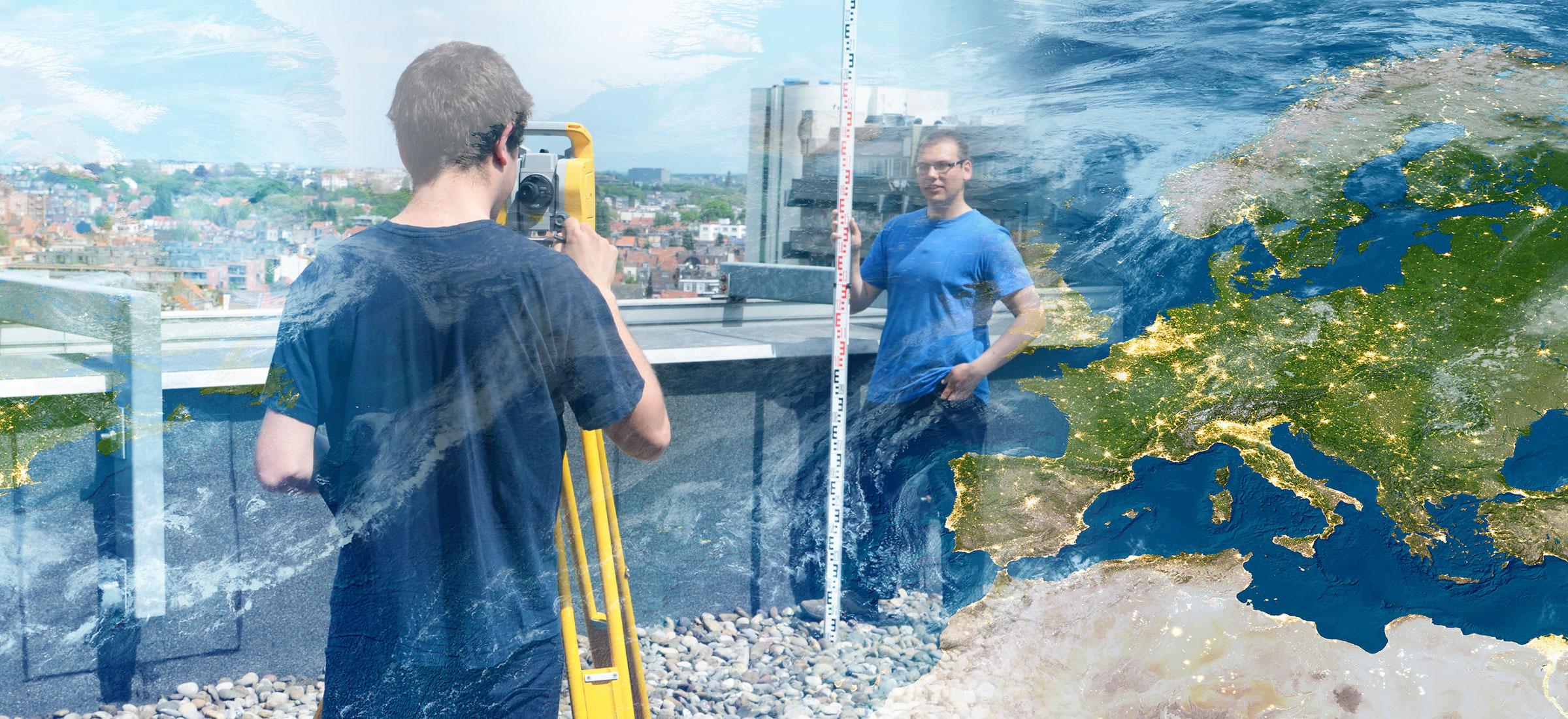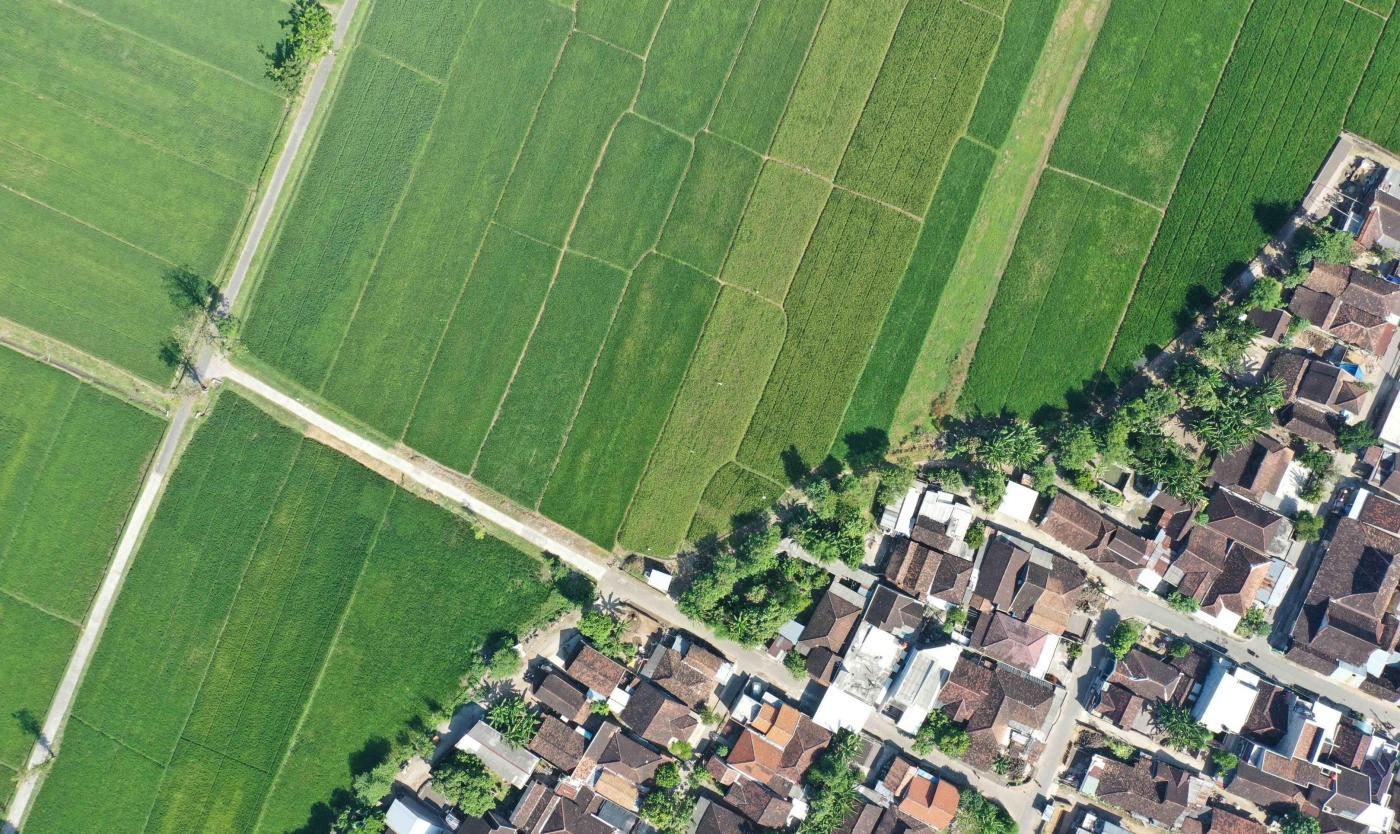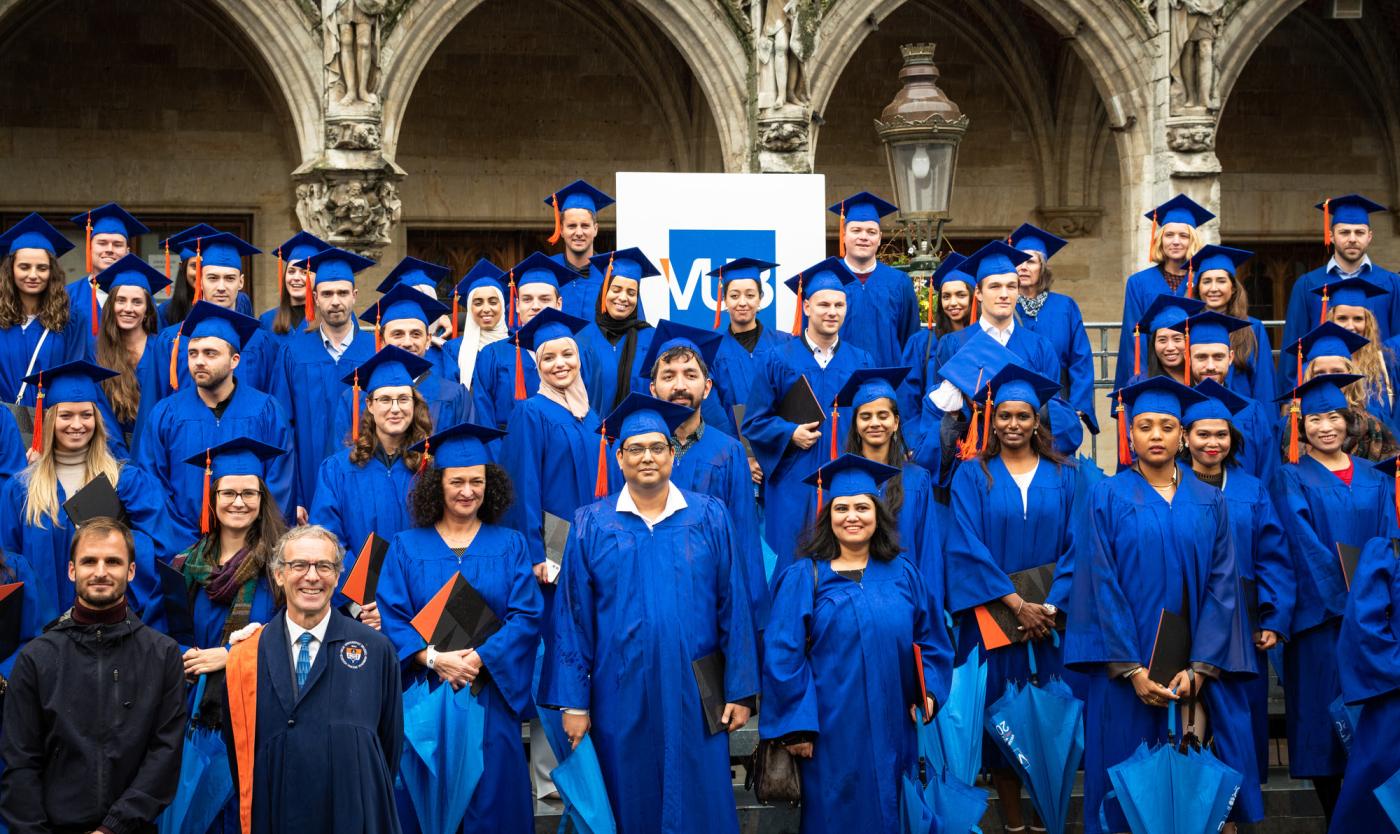
Unravel complex interactions between society and environment
The Master of Science in Geography at the Vrije Universiteit Brussel, in partnership with KU Leuven, offers a two-year interuniversity programme where you will gain hands-on expertise in analysing complex interactions between society and the environment, preparing you to address global challenges. The programme allows you to tailor your studies to your interests and career aspirations by choosing two out of four specialised modules and offers numerous opportunities for fieldwork, both in Belgium and internationally. With a focus on interdisciplinary research and real-world applications, this degree opens doors to careers in urban planning, environmental management, geospatial sciences, and beyond.

Harry Zekollari | Alumnus master Geography, associate research professor at VUB
”Studying at VUB opened my mind and was my introduction to the fascinating world of physical geography. After an unforgettable excursion to the Alps I decided to focus on this region for my master thesis and during my last year I had the opportunity to participate in two fieldwork campaigns on a glacier in Switzerland. The thrill and excitement of working on a glacier made me realise that this was the environment where I belonged and were I wanted to spend the coming years of my life.”
A selection of our research projects
GreeNexUS
In an increasingly urbanised world, GreeNexUS tackles health challenges by reimagining cities through the integration of green spaces. By prioritising safety, accessibility, and well-being, GreeNexUS combats environmental issues, paving the way for a harmonious, equitable, and resilient future.
Discover more about this project
EVoLVe project
The EVoLVe project focuses on understanding the long-term morphological evolution of volcanoes. The research aims to model how volcanic landscapes change over time through erosion. The project uses innovative analogue and numerical models to explore how factors like morphology, internal layering, and tectonics influence erosion rates, ultimately aiming to create a comprehensive model that simulates the long-term evolution of volcanic landscapes.
The strengths of our programme
- Interdisciplinary and Flexible: This programme offers a unique blend of natural and social sciences, allowing you to explore global challenges such as environmental change and urbanisation. With the flexibility to choose from four specialised modules—Earth and Climate, Society and Space, Geo-information Sciences, and Mixed Methods—you can tailor your studies to suit your interests and career aspirations.
- Practical Experience and Real-world Application: At VUB, learning extends beyond the classroom, with hands-on training through field trips, internships, and research projects.
- Research Excellence and Global Opportunities: VUB’s Geography programme is deeply integrated within the university’s internationally recognised research initiatives, offering you the chance to collaborate with leading scientists and engage in global research projects.
- A Cosmopolitan Experience: Situated in the heart of Europe, studying at VUB provides a vibrant, multicultural environment. Brussels’ unique position as a European hub offers unparalleled opportunities for international exchanges and internships, enriching both your academic and personal experience.
After Graduation
With a degree in Geography from the Vrije Universiteit Brussel (VUB), you unlock a wide range of career opportunities. The programme combines physical and human geography with advanced techniques such as GIS and remote sensing, ensuring you are well-prepared for roles in environmental consultancy, geospatial analysis, spatial planning, mobility, and climate research. It also provides a solid foundation for a career in education or further academic research. Whether you pursue a role as an environmental scientist, GIS expert, urban planner, or teacher, studying Geography at VUB empowers you to make a difference in a world that increasingly demands sustainable solutions.


A better idea of the programme?
Would you like to know more about this VUB programme? Take part in our (online) study choice activities. Leaf through our brochure, put questions to our professors in an online info session, read our alumni testimonials or attend an open lecture or info day.